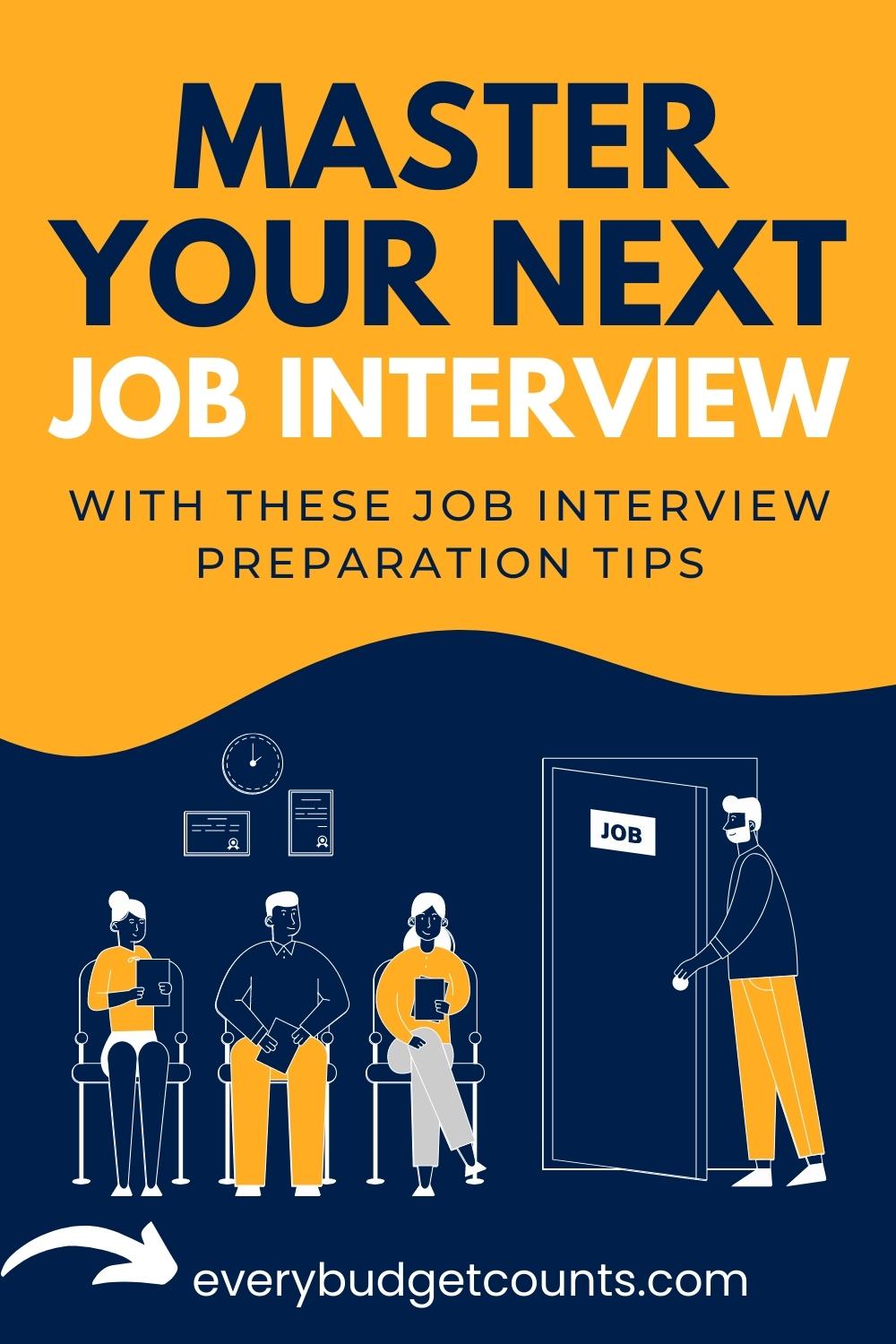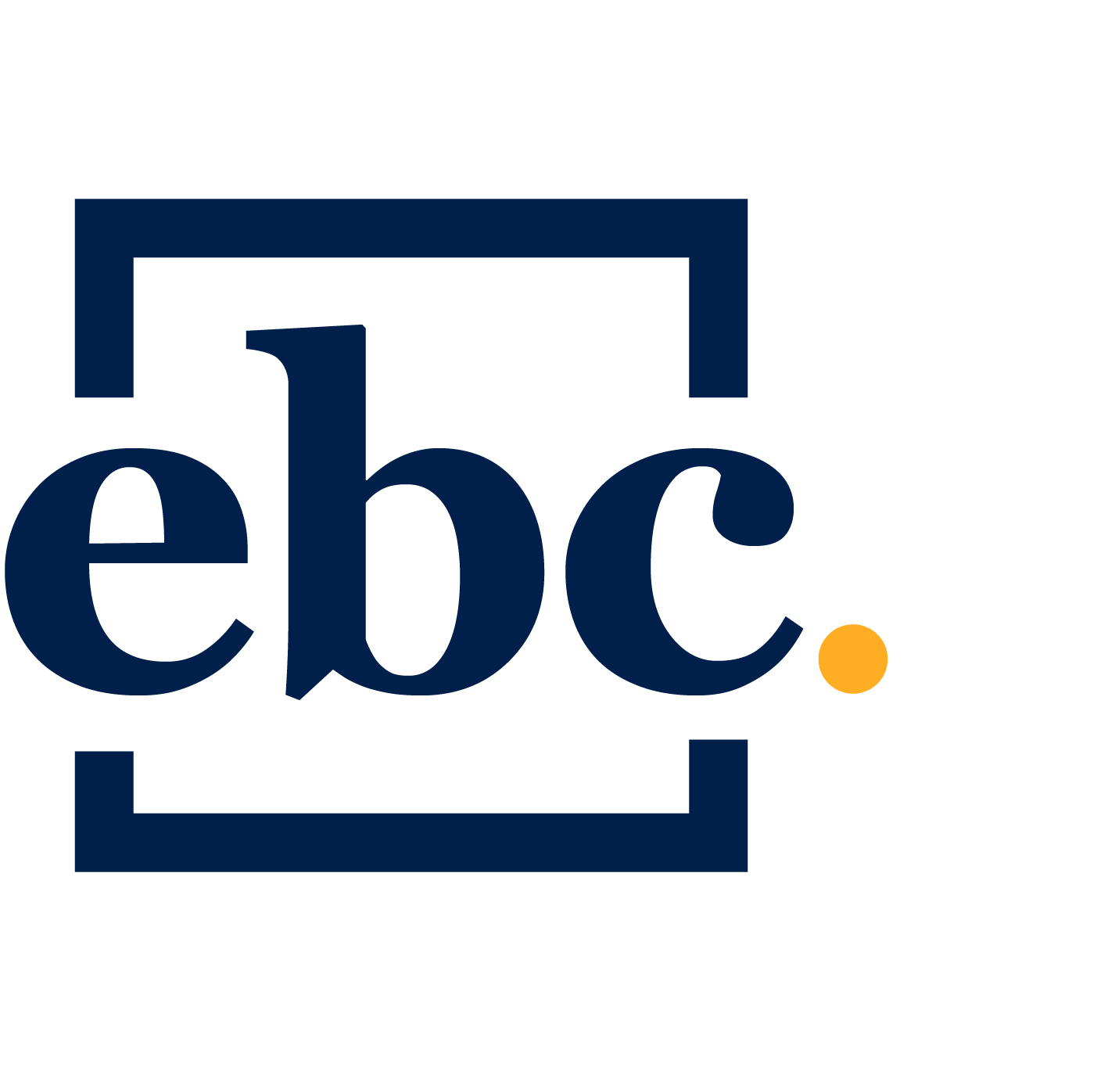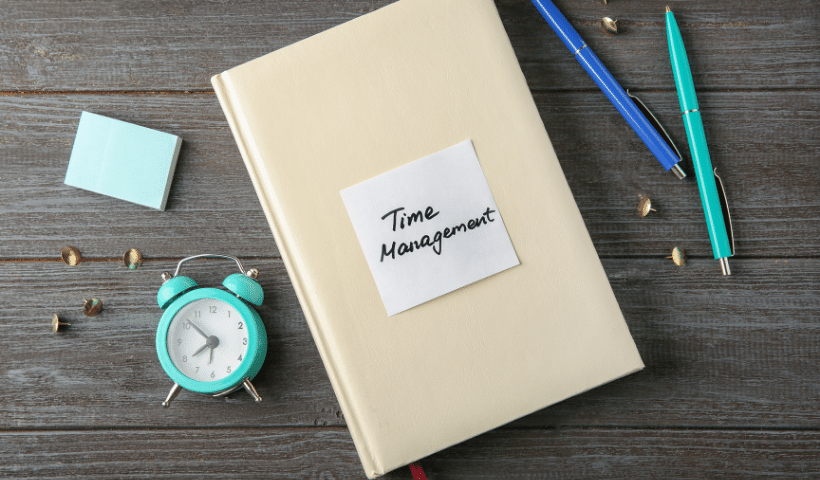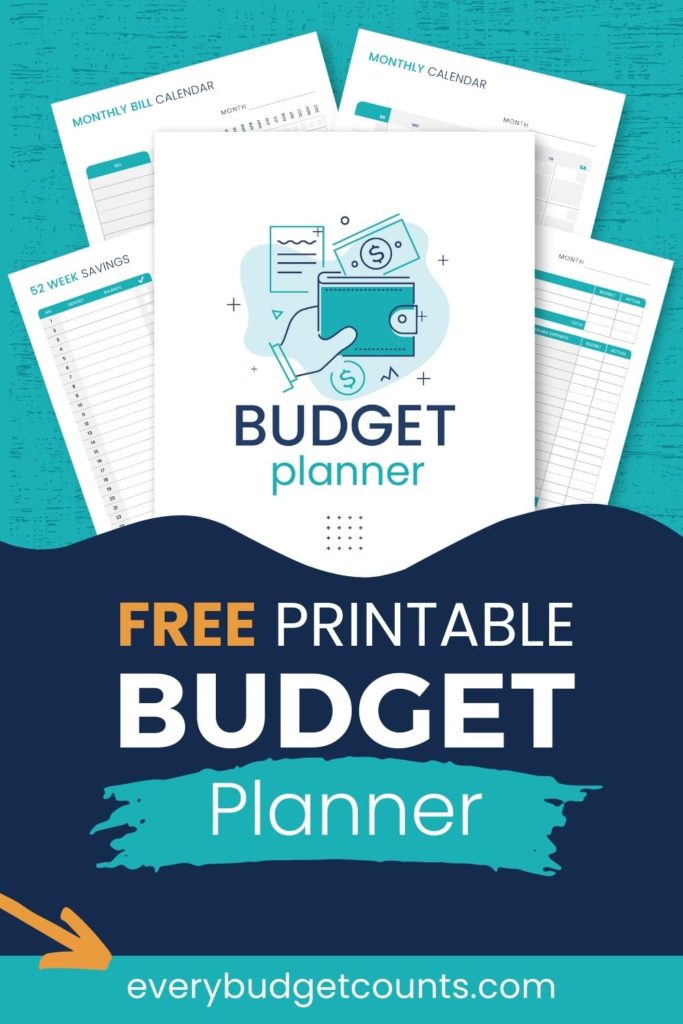How to Prepare for a Job Interview
Jay

Learning how to prepare for a job interview is something that, like so much in life, takes practice to get good at. What this means is that it is a skill that can be learned and having a great interview isn’t reserved for the naturally gifted speakers or the incredibly qualified.
I would like to go over some things that have helped my wife and myself through several interviews and what we’ve learned along the way.
Table of Contents
- Searching for a job
- How to prepare for the job interview
- The day of the interview
- Do’s and Don’ts
- Things to remember
Searching for a job
Searching for a job can feel overwhelming. Knowing what to search for and where to search can also be a challenge.
One of the struggles that I have found is simply knowing what to search for. There may be several roles that you are qualified for that you are unaware of. This is where sites like Indeed.com and Glassdoor.com can be incredibly helpful. Job sites can help you search by education level, experience, location, and other parameters that can help give you a better idea of what is out there and you may be surprised by what roles you are able to fill.
Qualifications
One of the things that can be discouraging when job hunting is the sometimes impossibly high qualifications listed for various positions.
Some of the best advice that my wife received during an internship from her manager is that even if a job posting lists qualifications that you don’t have, don’t let that stop you from applying. I’ve heard this from several other people since then, as well.
A lot of times job postings are a wishlist for an employer and a lot of what ends up listed as required qualifications aren’t required at all. Of course, this isn’t always the case. Just remember that not meeting listed requirements isn’t an automatic “no.”
If you have two years of experience and a posting requires three or four, apply anyway. A lot of employers are willing to look at other qualifications that may mitigate experience. My wife has experienced this, as well as colleagues of mine who have landed positions that they technically didn’t qualify for.
Finding the right company
Something that should be considered when job hunting is the company where you will potentially be working. Company culture is a real thing and the same position with one company can be a very different experience than the same position at another company.
Reading reviews about a company is a quick way to get a general idea about company culture. Don’t think that a place needs five stars to be a great place to work but take into consideration multiple negative reviews.
A good thing to remember about interviewing is that you will be getting a feel for the people that you will be working for and with. Don’t feel obligated to take a position just because it is offered to you if you feel uncomfortable with the work environment.
How to Prepare for the Job Interview
Going through the application process is something that takes time and effort and getting contacted to schedule an interview is an exciting time. Before we get into how to prepare, let me say congratulations!
Research the company
When preparing for a job interview one of the most important things to do is to make sure you know about the company. Interviewers ask if you know about the company. A lot.
Knowing what products or services a company provides and knowing and understanding their mission statement will help give you context when answering interview questions. This is also important to research to see if this is a company that you want to be a part of.
Does their mission statement align with your own values and goals? If so, this is a perfect way to show your interviewers why you would be a great fit.
Research the position
Understanding the role you play within a company is another key component to the research you will be doing.
When you have a good understanding of the type of position you are applying for and what it is you will be doing, you will better be able to answer questions in your interview. More than that, though, is that you will be able to answer these questions more comprehensively and give examples of how your own professional experience applies to this new position.
Researching your potential future role will also help you form well informed and thoughtful questions of your own.
Practice common questions
No two interviews will be the same and you always come away from an interview having learned something different. That said, there are some predictable common questions that will almost always get asked. Preparing for these is a must and will help you feel prepared and confident with these questions.
What are some of these common questions? When preparing for your job interview you’ll want to go over the common interview questions such as:
“Tell us a little bit about yourself”
“Where do you see yourself in five years?”
“Why should we choose you for this position?”
“Why do you want to work here?”
“What are your biggest strengths and where do you think you can improve?”
“What are your biggest weaknesses?
Practice your interview
Practicing for your interview is a really good way to lessen the anxiety that inevitably comes with an interview. It is really helpful to have a friend or loved one sit with you and perform a mock interview.
This is a good opportunity to rehearse everything from what you plan on wearing to how you intend to greet the interviewers. Try to make everything as close to what you will be actually experiencing. The closer you can mimic the conditions of the interview, the better.
When practicing answering some of the common interview questions, it may feel like you are memorizing a response but the more you practice it, the more natural it will feel. Try to identify landmarks in your responses to keep you on track.
If you don’t have someone available to help you practice, perform in front of a mirror or even film yourself. Pay attention to subconscious mannerisms that may come across as a lack of confidence or even boredom. You want your interviewers to feel that you are excited to be there and to be a part of their team.
Prepare well informed questions of your own
In every interview I’ve ever had I’ve been asked at the end if I had any questions for them. It shows the interviewers that you are actively engaged in the interview and care enough to find out if the company is a good fit for you.
Of course, this is also the perfect opportunity to find out more about any questions you have about the company, what your role will be, and what your day to day tasks are going to look like. You can also ask more than one question.
The day of the interview
When the big day finally arrives you should be feeling comfortably nervous. Unfortunately, for me at least, nerves will always be there but you will be able to lean on the confidence you’ve gained through your research and practice. Now it’s time for your work to pay off.
Show up early
Of course, you should be on time but this one should really be emphasized. You don’t want to just be on time, you want to be early. Don’t make this mistake. My wife and I as well as others we know have been late to interviews in the past and, predictably, we did not get calls back. Being late shows a lot of things to your potential future employers, and none of them are good.
Know the location of the interview
Knowing the address of your interview is only half the battle. You also need to know where in the building, or which building on a campus, your interview is being held.
All of this takes time and it will be time that you don’t have if you leave right on time and use Google Maps to pull into the parking lot right when your interview is scheduled to start.
Parking is another important factor to consider when planning your pre-interview schedule. Is your interview in the city? Is parking going to be far from the building that you need to get to? A lot of these questions can be answered by HR, or whoever your main contact person has been in the hiring process.
Prepare the night before
Having everything ready the night before will relieve a ton of stress the next day. Have your clothing laid out and ready to go, make sure your car has enough gas, and have anything that needs to be printed or prepared for the interviewers already set up and ready to go.
Think of little things that you can do that your future self will thank you for. Little things add up, both good and bad.
Dress for the interview/position/company
When deciding what to wear when you prepare for a job interview, you will want to consider not just the position that you are applying for but the industry as well as the company itself. Company cultures can vary quite a bit and what would be considered typical or acceptable at one company may not be at the next. Your main contact person during the hiring process can be a good resource here for finding out what candidates typically wear for interviews. You can also go in person or see if the company has a social media presence that can give you a clue as to what people wear.
Remember, though, that what employees wear on a typical day at work won’t necessarily represent what you should wear to your interview. I will almost never hurt your chances to wear a suit and tie. Go for conservative colors such as navy blue or charcoal gray with a white or blue shirt and tie that is understated. Your goal with your attire is to convey that you respect the position and the opportunity to interview for it and that you care to portray yourself as a professional. Believe me, this matters.
Show up prepared
Showing up prepared means bringing in your resume and/or portfolio to hand out to your interviewers. The people interviewing will already have your resume but bringing it for them shows that you came prepared.
Also, make sure that you are ready to have a discussion about everything you have on your resume. Are there gaps in employment? Did you add special or specific responsibilities to your resume? These are questions that will likely come up and they will expect you to be prepared to speak at length about these items.
Remember that research that you did prior to the interview? This is where you will have an opportunity to make a connection between your experiences and what the company does. If they ask about a role you had in the past or a project that you worked on, make sure to make it clear that your experience translates and applies to them and their needs.
Do’s and Don’ts
I’d like to list off some do’s and don’ts when preparing for a job interview and interviewing in general. Not all of these will be applicable to your specific situation, of course, but will hopefully give you some ideas going forward.
Do’s
- Be polite and courteous to everyone you interact with during the process. They will all talk to each other.
- Be confident in your experiences and abilities. They called you in for an interview for a reason.
- Try and get plenty of sleep. This will be difficult because you will probably be very nervous but give yourself the best opportunity to sleep the night before.
Don’ts
- Don’t stress. Easier said than done, I agree, but do everything you can to relieve potential stressful situations. Plan ahead and be prepared.
- Don’t be late. As mentioned before, this is important. It is almost guaranteed that you won’t get a call back if you’re late.
- Don’t “wing it.” You want to show your potential future employers that you care enough about them and their time to research their company and the position that you are applying for. They will be able to tell if you are unprepared.
Things to remember
Aside from the do’s and don’ts mentioned, there are a few things to keep in mind when preparing for a job interview.
- Try to make it fun for yourself. It can actually be a really nice experience having an interview, especially if you’re able to get into a good conversation with your interviewers.
- Remember that you are interviewing them too, and just like you, they are likely nervous. These are people too and you want to make sure that you will enjoy working with them.
- Remember that it isn’t the end of the world if you don’t get the job. Every interview makes you better and your next one will likely be your best one yet.
- Don’t judge your interview too soon. It has been my experience more than once that when I think I did terribly in an interview I actually got the job. Keep this in mind if you feel that you didn’t do as well as you had hoped. You probably did better than you think.
- Be yourself and show them your personality. It benefits no one to be a fake version of yourself. You want to make sure that you are a good fit and being false can only hurt you.
Good luck!
I hope you find this information helpful and I wish you all the best in your upcoming interview! Are there any tips that I have missed that you have found particularly helpful in your experience? Please let me know below or email me.
Remember to have fun and learn from every interview and again, good luck!
DISCLOSURE: THIS POST MAY CONTAIN AFFILIATE LINKS AND/OR PAYED PLACEMENT. PLEASE READ MY DISCLOSURE FOR MORE INFO.








0 Comments